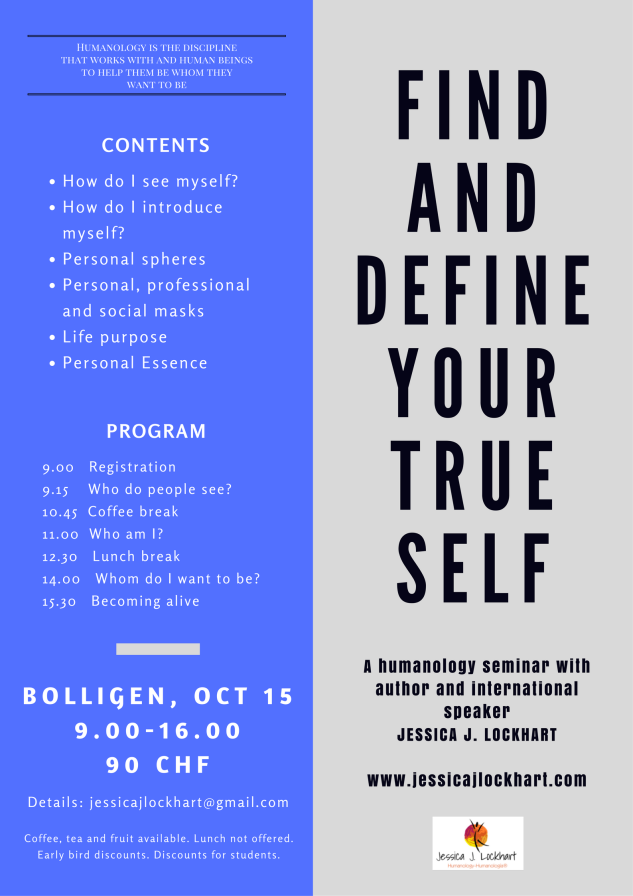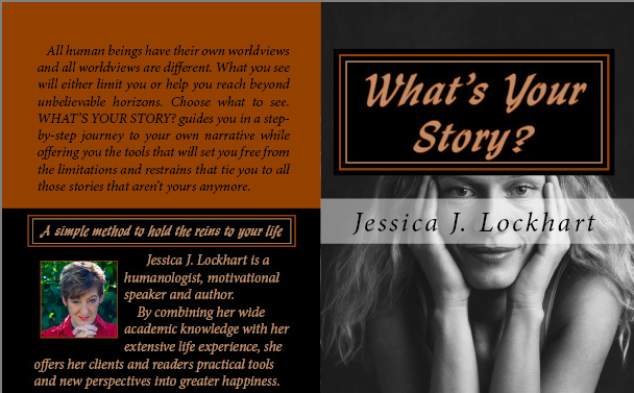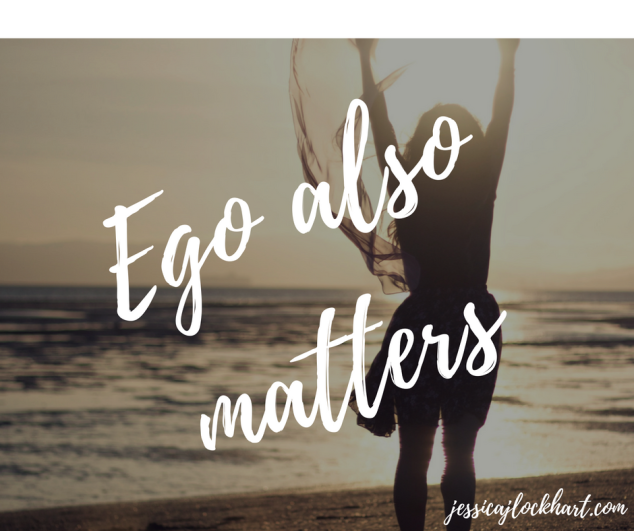
Labels prevent us from seeing the human being behind them. Once a person is labelled, we immediately see that person through the label. The label might affect our complete vision of that human being or only part of it but only by looking behind the label will we be able to truly see the person as he or she truly is.
Labels act as filters in front of our eyes and hearts. By labelling other human beings, we’re turning them into whatever their label says. We look at them and it’s like if we’re wearing tainted glasses. Instead of coloring what we see, they turn the focus of our attention into something different, something we expect to see, the label we have in mind.
There are all kinds of labels. Some are empowering, some are limiting and diminishing. Whenever we judge and label, we turn the labelled person into something else, something defined by the label itself. So, if I label somebody “disabled,” that person automatically becomes “less abled” in my mind and will from then on be perceived as such by me. If I then spread that labelled image, other people will also see a “less abled” human being in front of them.
Furthermore, from the moment in which I start seeing a person through a label, that’s the way I will treat the human being behind it. When a person is “less abled” in my eyes, my behavior changes. That person receives a special treatment just because I perceive him or her as “less abled.”
Imagine what damage other labels can do! Idiot, ugly, poor, slow, shy, rich (yes, even this label can be very limiting!) and a whole list of others. It’s been scientifically proven, for instance, that people labelled “fat” are very often perceived (and treated) as less reliable, less efficient, lazier and less healthy. Given our education and culture, the label “fat” comes together with certain preconceptions. By seeing a person through that label we often perceive an image distorted by our cultural preconceptions instead of the real human being.
If a person’s label is widespread enough, he or she might even start believing it about themselves and acting the part. Label a child something enough times and they will become their label. “Shy” is a very common one. Children labelled “shy” usually believe their labels and grow into shy young adults. This effect can often be seen in schools. Whenever a child is labelled something by teachers, “slow,” “problematic,” “trouble maker,” “gifted,” the label spreads from year to year, from teacher to teacher and from teachers to classmates. The labelled child suffers from the pygmalion effect and is perceived and seen through the label and treated accordingly.
The truth, then, is that the real human being is not the one we perceive. What we see is a distorted version of the human being. And the distortion is caused by the label. Labels distort our understanding and perception of other human beings.
It is true that experience can help us get rid of certain labels. I might see the person behind the label at a certain point because of something; maybe an event opens my eyes or the labelled person does something that forces me to see them behind the label. What happens then is that the label disappears. I stop seeing the person through it. There’s no label anymore.
I encourage you to think about the people you know, about your friends and loved ones in particular. What labels do you have for each of them? Can you see behind them?
Whenever you meet somebody new, can you see the person and avoid new labels?
And what’s even more important still, do you label yourself anything? Can you see yourself behind your own labels?
Enjoy life, ALL of it,
Jessica J. Lockhart – humanology
www.jessicajlockhart.com

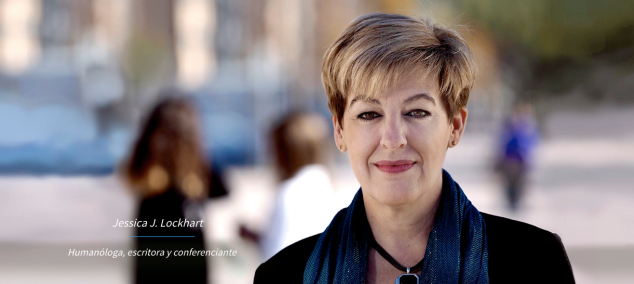
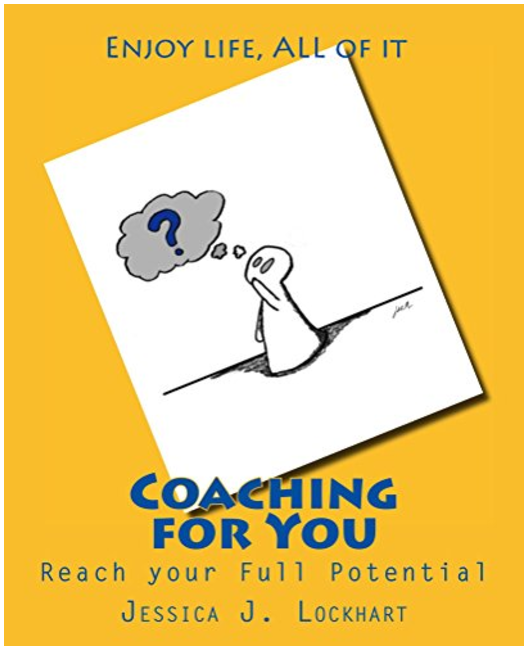



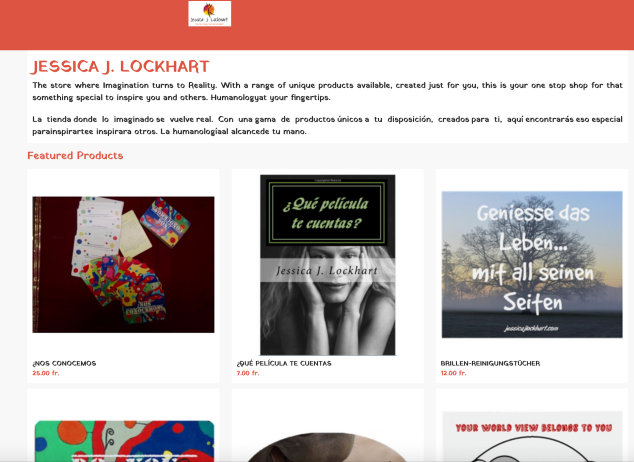
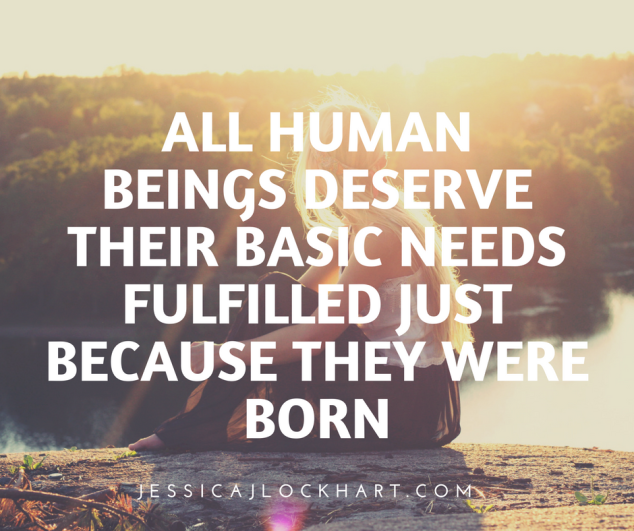
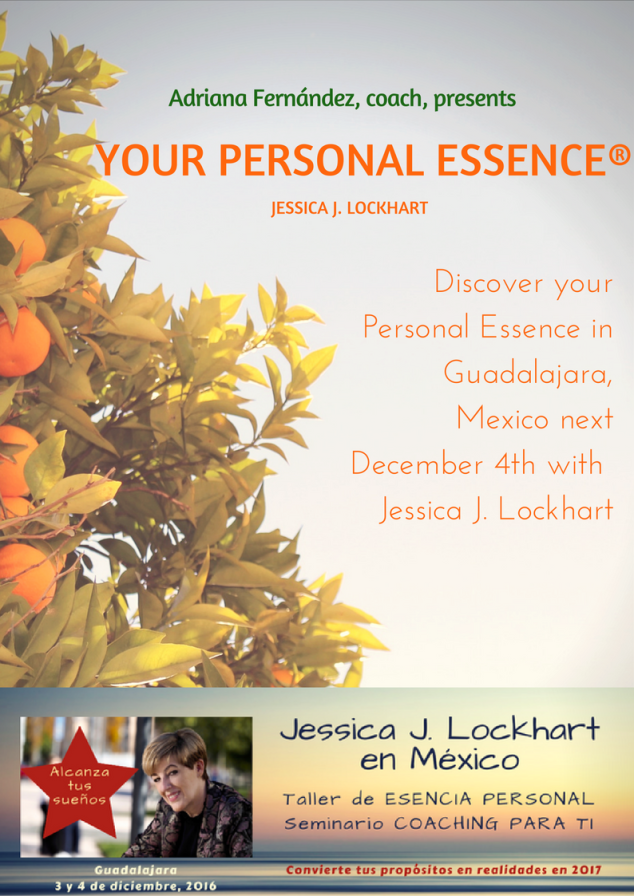
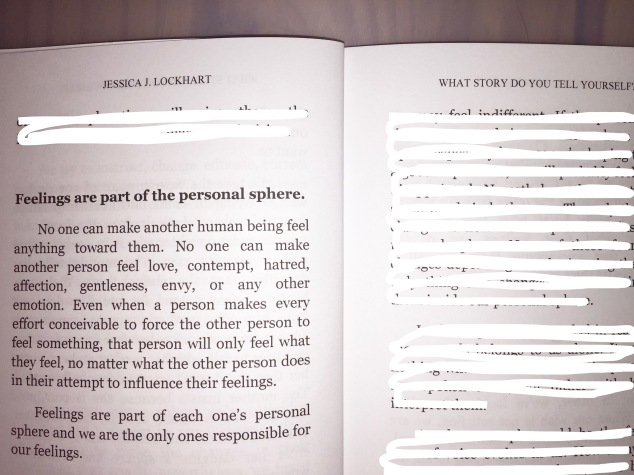
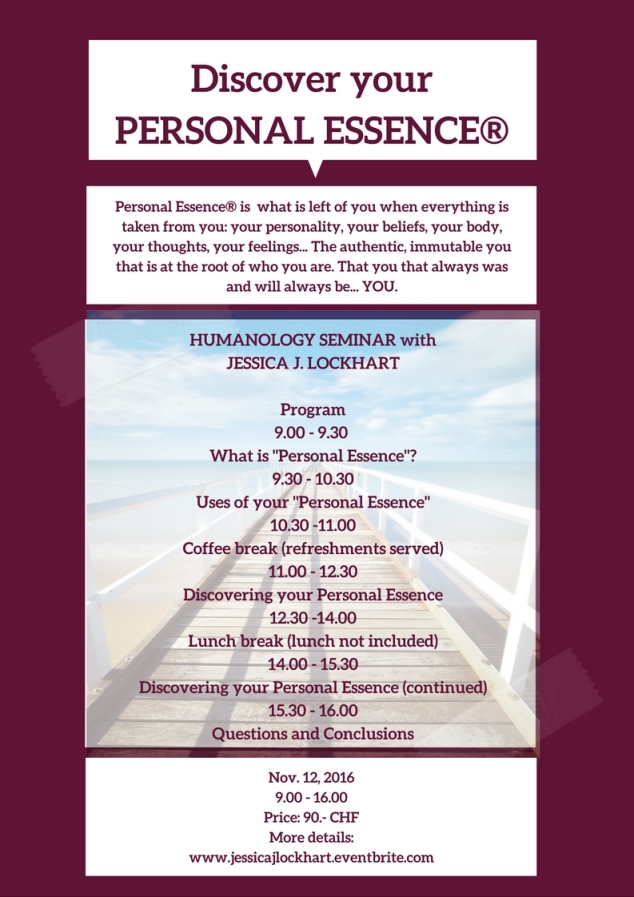
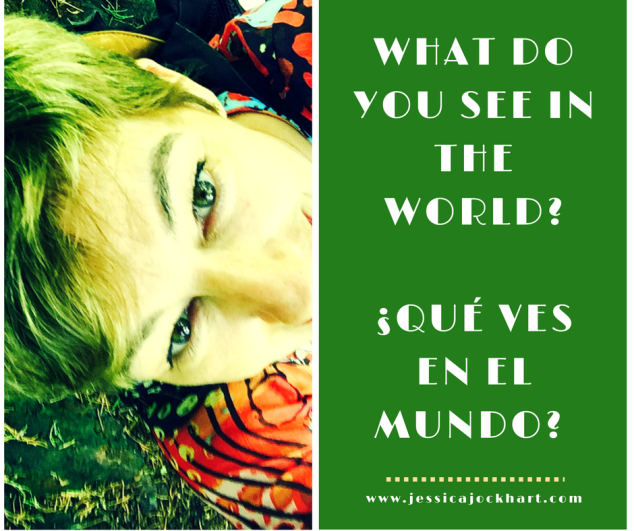
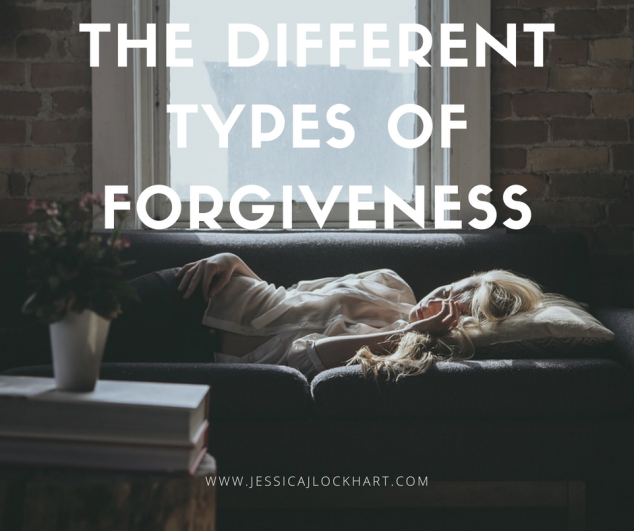 We’ve all forgiven somebody for something. At least in our minds. But have we truly forgiven them in our hearts? In our very cells?
We’ve all forgiven somebody for something. At least in our minds. But have we truly forgiven them in our hearts? In our very cells?
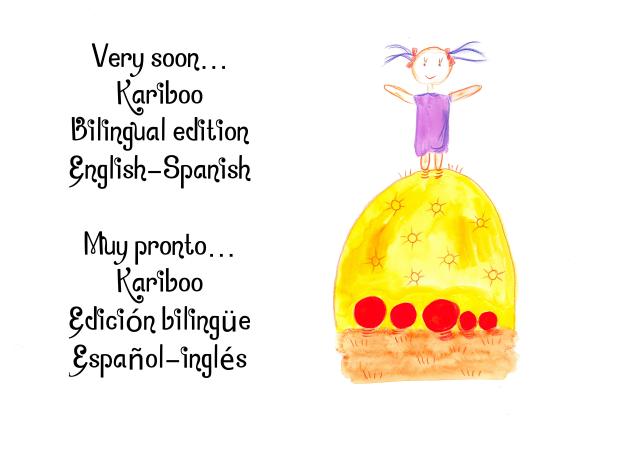

 People who don’t really know me look at me and see a person I don’t recognize. My friends look at me and see the person they believe I am. I look at myself in the mirror and see one person on good days and another one on bad days. I try and project an image of myself for others to see that is the person I’d like to be. And then I look inside searching for the person that I feel I am.
People who don’t really know me look at me and see a person I don’t recognize. My friends look at me and see the person they believe I am. I look at myself in the mirror and see one person on good days and another one on bad days. I try and project an image of myself for others to see that is the person I’d like to be. And then I look inside searching for the person that I feel I am.